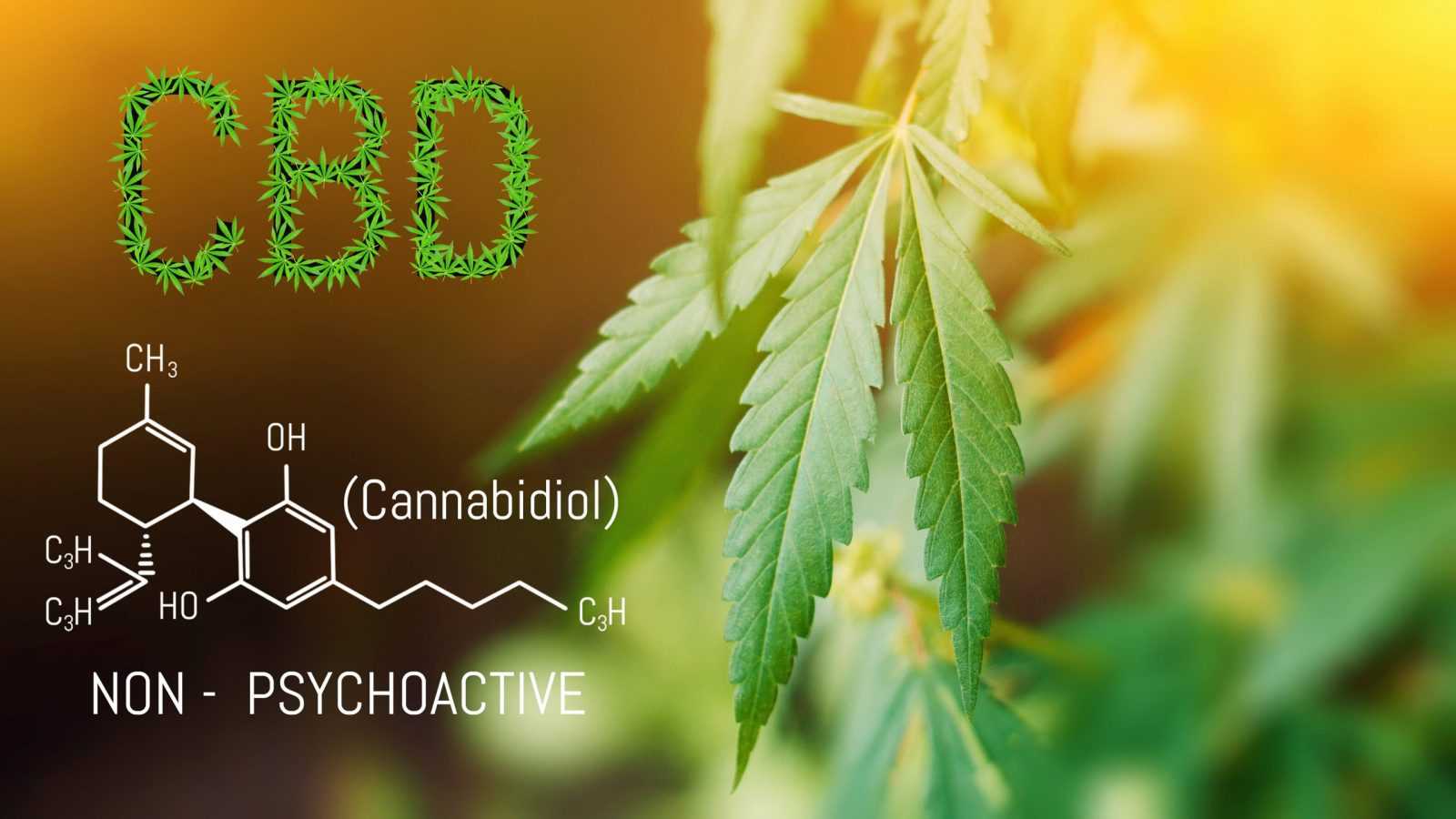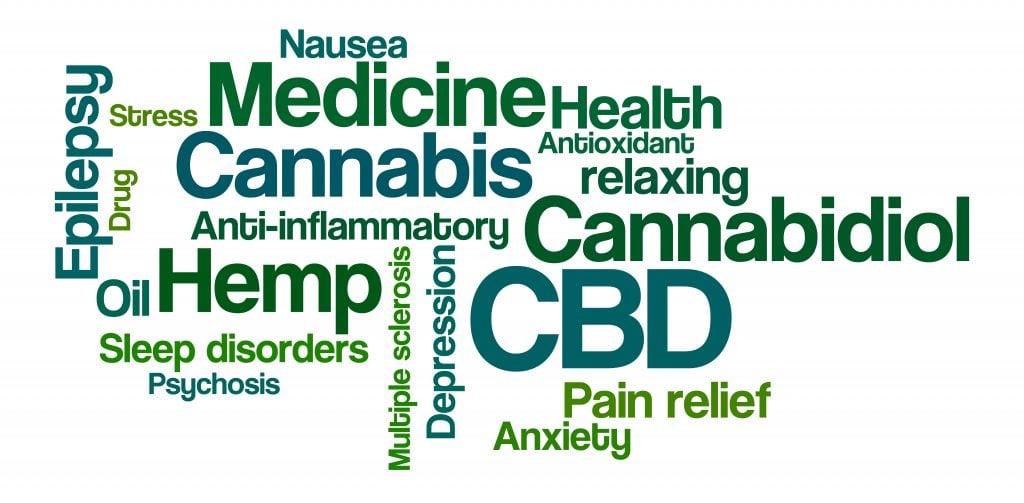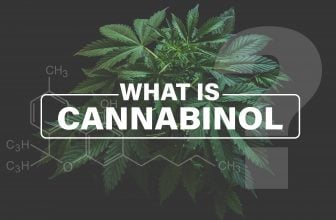
Will I Get “High” from Using CBD?
With CBD fast becoming a household word around the world, many people are now aware of the many medical benefits that CBD can provide. However, most people are also aware that CBD is a chemical compound that is extracted from cannabis plants which are well known to also induce a mildly hallucinogenic effect in those people to ingest it.
Therefore, a common question among people who are considering using CBD to alleviate the symptoms of their medical condition is “will taking CBD cause me to get high?” However, while this is a perfectly logical question, it stems from a lack of knowledge about the difference between CBD and THC. Therefore, in the following article, we will explore the answer to the question of whether or not ingesting CBD can get you “high”.
CBD vs. THC
So, first of all, we need to understand the difference between CBD and THC. Thus, we need to start with the basic knowledge that both CBD and THC are chemical compounds called “cannabinoids” which are found in all four species of the Cannabis plant (ruderallis, sativa, indica, afghanica).
In addition, due to the shape of their molecules, both compounds are capable of interacting with the human Endocannabinoid System’s CB1 and CB2 receptors.
But, aside from the fact that CBD is most often extracted from the Cannabis ruderallis plant which generally has an exceptionally low THC content, Cannabidol (aka CBD) is an entirely different chemical compound than Tetrahydrocannabinol (aka THC).
Can you get “high” using CBD?
So, now that you know the difference between CBD and THC, it is time to answer the question of whether or not ingesting CBD can get you “high”.
Thus, while it is true that both CBD and THC are found in the cannabis plant, unlike THC which is responsible for inducing the high that cannabis users often seek, CBD has absolutely no psychoactive properties whatsoever. In fact, although both CBD and THC interact with the human Endocannabinoid System, CBD has been found to actually moderate the psychoactive effects of THC.
Therefore, because CBD has no psychoactive properties of its own and actually works to inhibit the psychoactive properties of THC, ingesting CBD will in no way induce any sort of psychoactive experience. In other words, CBD will most certainly not get you “high”.
Why some people are confused
However, because both CBD and THC are chemical compounds which are found in all four species of the cannabis plant and, because smoking the buds of the cannabis plant is well known to induce a mildly hallucinogenic state, it is easy to see why many people confuse CBD with THC.
However, as previously mentioned, there are four species of cannabis plant and, while the sativa, indica, and afghanica species all contain significant amounts of THC, the ruderallis plant does not. Consequently, CBD is most often extracted from one of the several different strains of Cannabis ruderallis rather than from one of the other three cannabis species.
Still, many people erroneously assume that because CBD and THC are found in the cannabis plant, CBD has the same psychoactive effects as THC. However, as sated above, CBD has no psychoactive properties of its own and thus, it will not get you “high”.
In fact, due to regulations stated in the Farm Act of 2018 which effective legalized hemp production in the U.S., only CBD which has been derived from the Cannabis ruderallis plant is legal for sale and can contain no more than 0.3 percent THC which is not enough to induce a psychoactive experience.
If CBD doesn’t get you high, then what does it do?
So, although CBD does not induce any sort of psychoactive experience in those who ingest it, many people find that it does provide relief from the symptoms of a wide range of medical conditions such as stress, anxiety, muscle spasms, migraines and, even chronic pain.
In fact, a scientific paper was recently published which reviewed the therapeutic uses of cannabinoids while paying special attention to CBD and which unequivocally determined that CBD is not a psychotropic compound. In addition, the study also found that CBD does indeed appear to aid in the reduction of inflammation due to its interaction with the human Endocannabinoid System.
Furthermore, researchers have even gone as far as to state that CBD may very well have anti-psychotic properties which is the opposite of the effects of some other cannabinoids such as THC. In fact, according to research done in 2006, CBD may very well be a safe antipsychotic compound which could have anxiolytic effects which has significant implications for the treatment of the mentally ill.
But, more importantly, CBD indirectly affects the signaling of CB1 and CB2 receptors in the human Endocannabinoid System to increase levels of Endocannabinoids (cannabinoids produced by the body) and inhibits enzymes that break those endocannabinoids down.
In addition, CBD also affects non-cannabinoid receptors in the human brain which include opioid, dopamine, and serotonin receptors. However, the reason that this is important is that Dopamine is a neurotransmitter which affects motivation as well as a variety of other aspects of behavior while Serotonin (which is also a neurotransmitter) is associated with feelings of happiness and wellbeing but it plays a broader role in regulating mood.
Therefore, all of this contributes to CBD’s diverse range of effects which include reducing inflammation, managing pain, supporting a healthy state of mind and, physically protecting the brain.
Final Thoughts
So, as mentioned above, although both CBD and THC are both found in all four species of the Cannabis plant and, despite the fact that they are both classified as chemical compounds which are known as “cannabinoids”, they each have entirely different molecular structures. Consequently, CBD is a completely different chemical compound from THC.
In addition, despite the fact that both CBD and THC interact with the human Endocannabinoid system, they do so by interacting with different receptors.
Consequently, because CBD and THC are entirely different molecules which interact with the human body and brain in different ways, the answer to the question of whether or not CBD will get you high is most definitely “no, it will not”.











